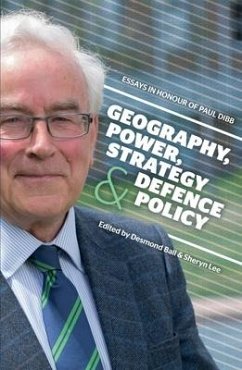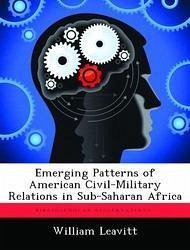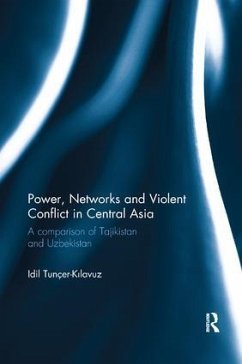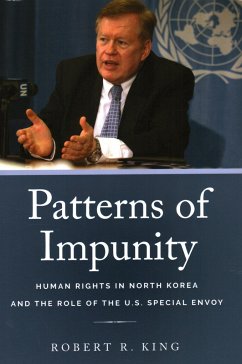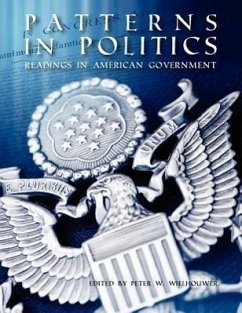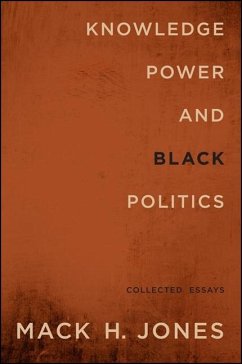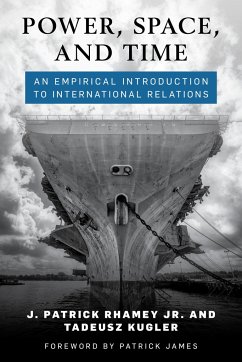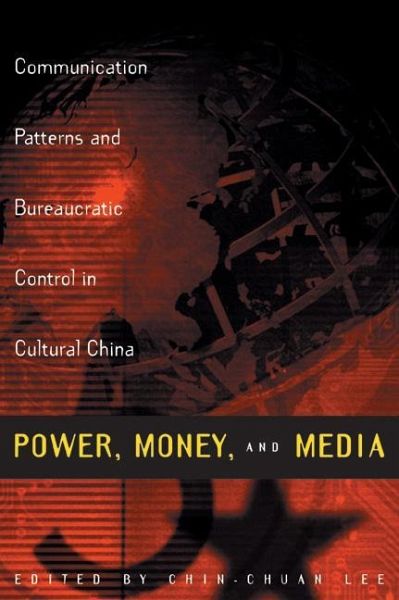
Power, Money, and Media: Communication Patterns and Bureaucratic Control in Cultural China
Versandkostenfrei!
Versandfertig in über 4 Wochen
45,99 €
inkl. MwSt.

PAYBACK Punkte
23 °P sammeln!
Zbigniew Brzezinski, former National Security Advisor under President Jimmy Carter, has stated that the most important relationship for the United States in the post Cold War world will be -- "for good or bad" -- with China. As writer and editor Chin-Chuan Lee points out, every major financial investor in the world has huge investment strategies under way in China, and virtually every major global telecommunications and information-technology investment is significantly linked to China. Yet China's expanding media and telecommunications systems remain little understood. Power, Money, and Media...
Zbigniew Brzezinski, former National Security Advisor under President Jimmy Carter, has stated that the most important relationship for the United States in the post Cold War world will be -- "for good or bad" -- with China. As writer and editor Chin-Chuan Lee points out, every major financial investor in the world has huge investment strategies under way in China, and virtually every major global telecommunications and information-technology investment is significantly linked to China. Yet China's expanding media and telecommunications systems remain little understood. Power, Money, and Media addresses, as few books in English have, a broad range of media-related topics as they pertain to this complex country. Eleven chapters, contributed by professors of journalism, communication, government, and political science at universities in the U.S. and Hong Kong, provide richly detailed analyses of such issues as the increasing influence of advertisers; the continuing efforts of the Communist Party to direct editorial content; the inability of the Party to control the growth of journalistic diversity, media, and the Chinese legal system; and the impact of Hong Kong television on the residents of nearby Guangzhou. Power, Money, and Media is the result of fieldwork, including participant observations, surveys, and in-depth interviews conducted within China's media organizations, that would have been impossible until recently. As astonishing technological leaps continue to be made in the information age, contemporary global media issues cannot be addressed without taking China into account. This interesting and scholarly work provides a comprehensive and diverse examination of the topic.



